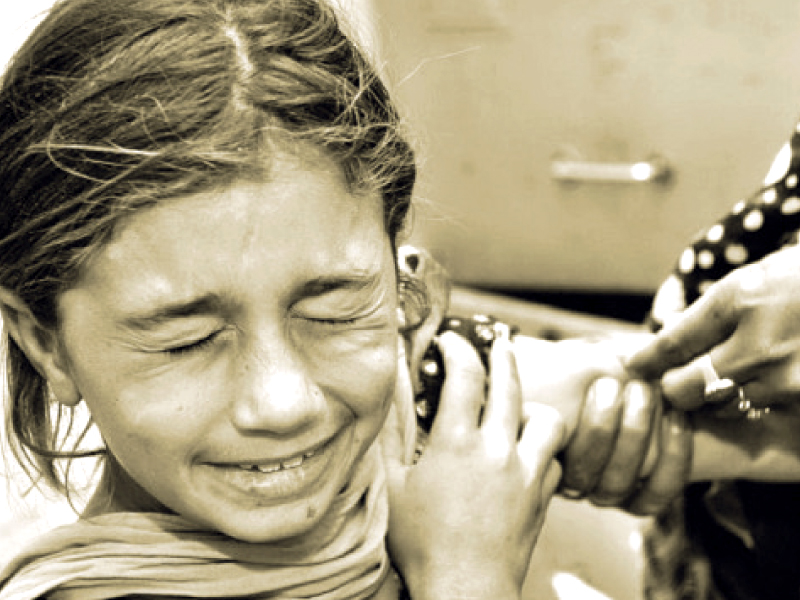
A countrywide campaign is expected to get underway from October 15 to 27 to vaccinate children against the disease with help of the Vaccine Alliance (Gavi).
Earlier in February, a World Health Organisation (WHO) report had revealed that in 2017, there had been 6,494 cases of measles. This worryingly up from the 2,845 cases reported in 2016 and suggested there were signs of a dangerous trend developing.
According to the report, Pakistan not only reported a significantly higher number of cases than the entire region but that the number of reported cases had risen by more than 100 per cent over 12 months.
So far this year, government figures show that there are have been reports of about 30,000 measles cases accompanied by 216 deaths.
Of these, around 11,139 cases had been reported from the Punjab, 7,383 from Sindh, 9,875 from Khyber-Pakhtunkhwa (K-P) while 1,637 had been reported from Balochistan.
Under the national schedule for the upcoming vaccination drive, children between the ages of nine and 15 months are vaccinated against the disease. But low coverage means outbreaks occur.
According to international health standards, over 90 per cent of a country’s child population must be covered by the immunisation programme. However, Pakistan’s current coverage was around 75 to 80 per cent.
The Pakistan Demographic and Health Survey (PDHS) 2017-18 found that vaccine coverage rates have increased over the past five years from 54 per cent to 66 per cent in the country but it was still insufficient to avert outbreaks.
“The campaign has been planned over reports of certain outbreaks,” said National Health Services Regulations and Coordination Director General Asad Hafeez.
On average, he said that an epidemic is expected every five to six years as per natural history of the disease and it is expected that a larger epidemic will occur in 2019 unless a good national campaign is undertaken.
Published in The Express Tribune, October 2nd, 2018.

















COMMENTS
Comments are moderated and generally will be posted if they are on-topic and not abusive.
For more information, please see our Comments FAQ